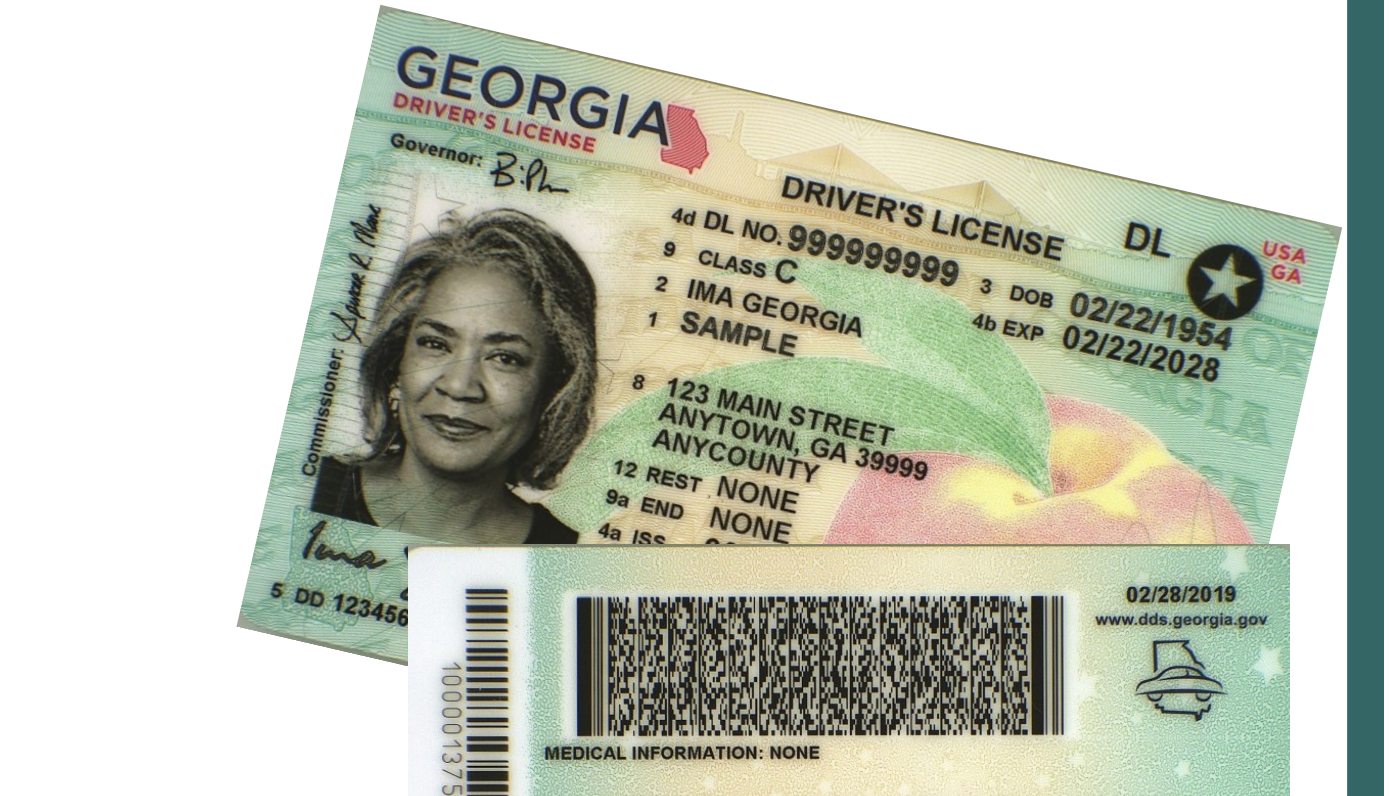WASHINGTON (CN) — An immigrant who could be deported because he “checked the wrong box” while applying for a driver’s license, misrepresenting himself as a U.S. citizen, will fight that outcome next term at the U.S. Supreme Court.
The justices granted a writ of certiorari Monday morning to Pankajkumar Patel, who, together with his wife and son, were deemed ineligible for relief from a final order of removal because of Patel’s misrepresentation of his immigrant status on a 2008 application for a driver’s license in Georgia.
Though Patel had entered the United States from India without inspection, a green card still could have been available to him based on his employment status. Patel claimed that he only checked the citizenship box on his driver’s license application by mistake, but an immigration judge ruled that this error rendered him inadmissible, and the Board of Immigration Appeals affirmed. When the government began removal proceedings in 2012, Patel had been in the United States for 20 years.
The matter heading to the Supreme Court now is whether the immigration courts made factual or discretionary findings about his case. It’s a fraught distinction because of a provision under the Immigration and Nationality Act that says at “no court shall have jurisdiction to review” “any judgment regarding the granting of relief” for certain enumerated categories of discretionary relief.
The 11th Circuit ruled against Patel in 2019 and 2020 — the latter time after an en banc sitting.
“We lack jurisdiction to review the immigration court’s determination that Patel was ineligible for relief because, as a factual matter, he misrepresented his citizenship,” U.S. Circuit Judge Gerald Bard Tjoflat wrote in last year’s decision for a nine-member majority.
Five judges dissented meanwhile, noting that “nearly every one of our sister circuits have adopted the reading of the jurisdiction stripping provisions that would allow courts to reverse findings of fact contradicted by the record.”
As an example, the dissenting judges noted that the courts would have jurisdiction to review if an immigration judge mistakenly wrote that applicant was 30 years old when she was in fact 50, should the law hinge on the age of the applicant.
“What matters for this discussion,” according to the minority opinion by U.S. Circuit Judge Beverly Martin, “is Mr. Patel’s argument that, since he did not intend to check the U.S. citizenship box on the driver’s license application form, he lacked the requisite subjective intent to be found inadmissible on the ground that he made a false claim of U.S. citizenship.”
Martin also highlighted that the charge against Patel had nothing to do with the misrepresentation of his citizenship.
“Had it done so, it is indisputable that the IJ’s factfinding at issue here would have been reviewable,” she wrote. “Instead, the government raised inadmissibility only in opposition to Mr. Patel’s application for adjustment of status. As a result, and because today’s majority ruling says we now cannot review any factual determinations related to Mr. Patel’s eligibility for adjustment of status, the government’s charging decision has fully insulated from judicial review the IJ’s finding that Mr. Patel is inadmissible.”
Tjoflat wrote for the majority that the interpretations differentiating between discretionary and nondiscretionary determinations underlying discretionary relief had become “unmoored from the current statutory language.” He said constitutional claims or questions of law were the only matters exempt from the preclusion against review.
In the opposition brief, the government denied that the decision against Patel created a circuit conflict. “And, in any event, this case would present an unsuitable vehicle to consider the question, principally because, even if materiality were required, petitioners could not establish that Patel’s false claim of United States citizenship was immaterial to the state-law benefit (a Georgia driver’s license) that he sought and received,” the brief states (parentheses in original).
Per its custom, the Supreme Court did not issue any comment in taking up Patel’s case.
Patel is represented by Ira J. Kurzban of Coral Gables, Fla.
“We are delighted the court will decide this important issue,” Kurzban said in an email. “We believe that the statute at issue does not bar review of factual determinations regarding forms of relief from immigration removal.”
The case is one of two grants the Supreme Court included in Monday’s order list, only days out from summer recess.
Subscribe to Closing Arguments
Sign up for new weekly newsletter Closing Arguments to get the latest about ongoing trials, major litigation and hot cases and rulings in courthouses around the U.S. and the world.









